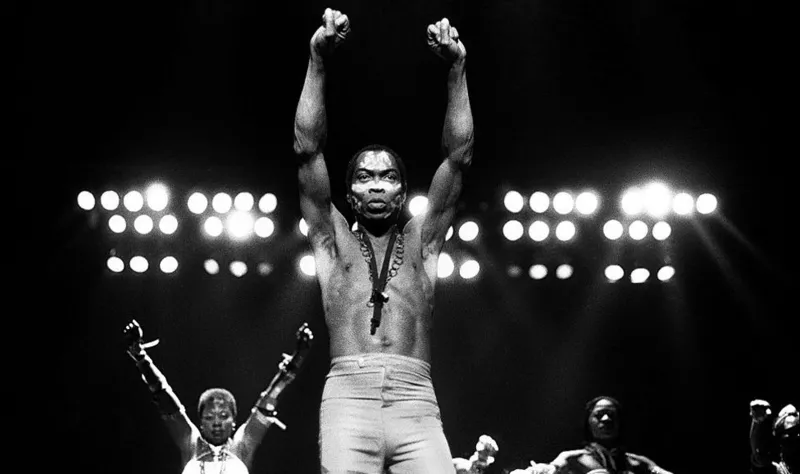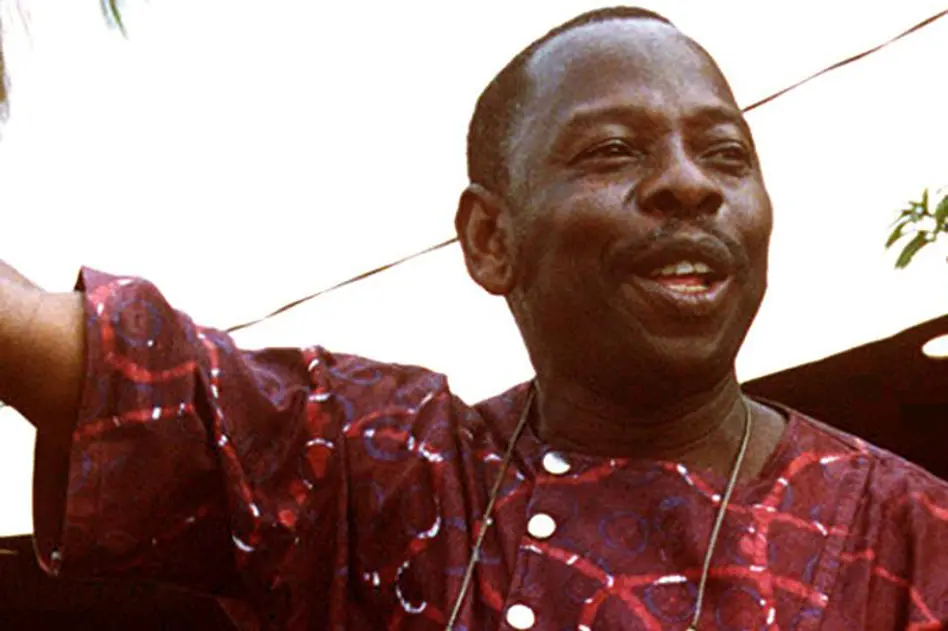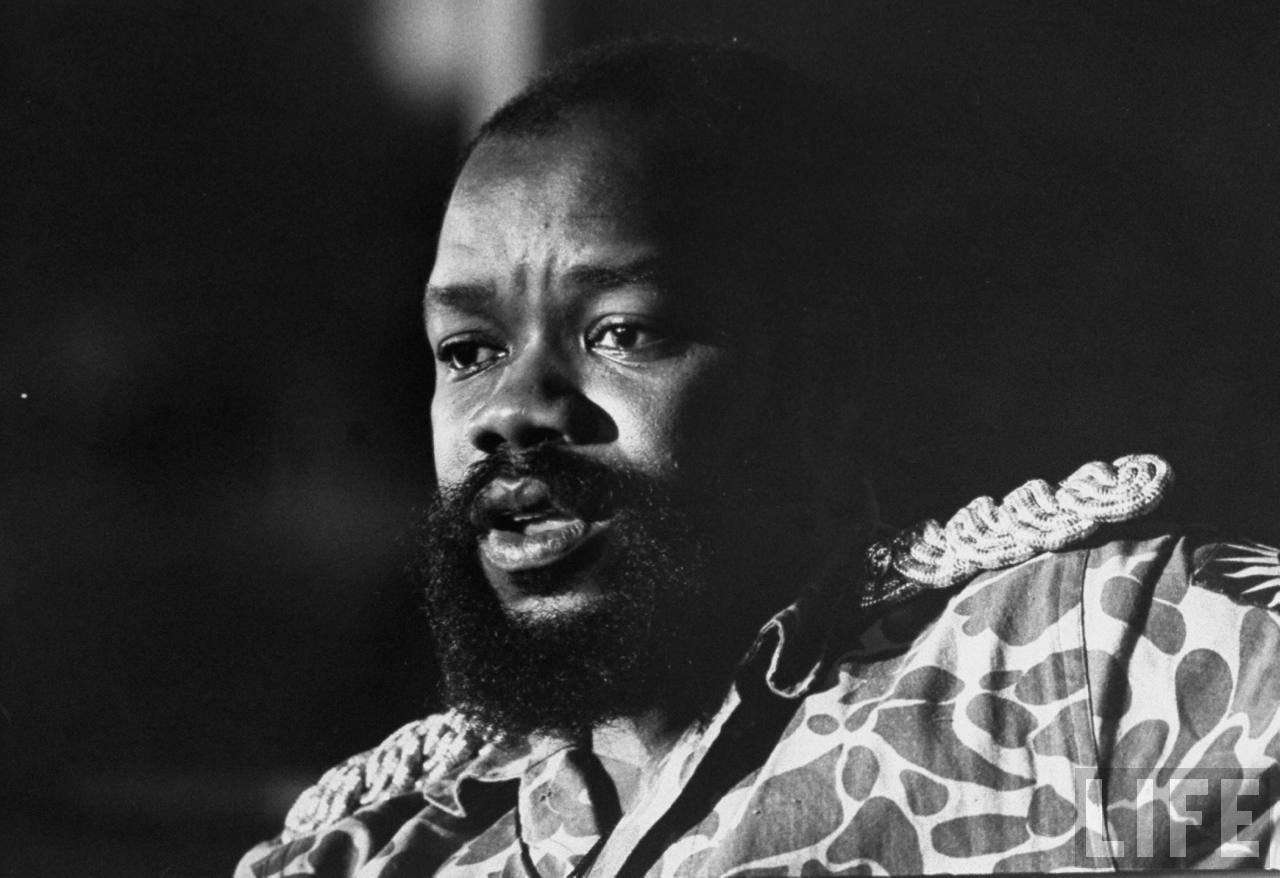
Fela Kuti: The Revolutionary Legacy of Nigeria’s Afrobeat Pioneer
Fela Anikulapo Kuti, often simply known as Fela, is celebrated worldwide as the pioneer of Afrobeat music and a powerful voice against oppression. With a career spanning decades, Fela used his music to address social injustices, criticize government corruption, and inspire an entire generation of Nigerians and Africans to stand up for their rights. This article delves into the life, musical legacy, and indomitable spirit of Fela Kuti, one of Nigeria’s most enduring cultural icons.
Early Life and Influences
Born on October 15, 1938, in Abeokuta, Nigeria, Fela Ransome Kuti came from a prominent family. His mother, Funmilayo Ransome-Kuti, was a renowned activist and feminist who fought for women’s rights in Nigeria, while his father was a respected educator and church minister. This exposure to advocacy and intellectual thought from a young age shaped Fela’s own commitment to social and political causes.
Fela moved to London in 1958 to study medicine but later switched to music, attending the Trinity College of Music. While in London, he encountered jazz, highlife, and funk music, genres that influenced his development of Afrobeat—a fusion of jazz, funk, and traditional African rhythms that became his signature style.
The Birth of Afrobeat
Fela returned to Nigeria in the 1960s and began experimenting with sounds and lyrics that spoke directly to African experiences and issues. He eventually developed Afrobeat, a genre that combined complex rhythms, engaging brass sections, and politically charged lyrics. His band, Africa 70, became the primary outlet for his Afrobeat compositions, with Fela as the energetic frontman, saxophonist, and vocalist. His music was infused with messages of resistance, liberation, and pride, and it resonated deeply with listeners across Africa and beyond.
Political Activism and Opposition to Corruption
Fela’s music was more than entertainment; it was a platform for activism. He openly criticized the Nigerian government, speaking out against corruption, military rule, and exploitation. Songs like Zombie, Shakara, and Teacher Don’t Teach Me Nonsense became anthems of resistance, questioning authority and highlighting the struggles of ordinary Nigerians. His outspoken stance often put him at odds with the authorities, resulting in numerous arrests, beatings, and harassment by the Nigerian military and police.
In the 1970s, Fela declared his home, the Kalakuta Republic, an independent commune. This self-declared “state” was a symbol of resistance, attracting artists, activists, and supporters from all walks of life. However, this lifestyle and his defiant stance led to a brutal military raid in 1977, which resulted in the destruction of his home and the beating of his mother, who later died from injuries sustained in the attack. Despite these setbacks, Fela continued to challenge the government through his music and actions.
Controversies and Personal Life
Fela’s life was marked by controversy. His open criticism of the government, polygamous lifestyle, and use of marijuana were polarizing, even as they added to his mystique. In 1978, he famously married 27 women in a single ceremony, most of whom were members of his band. His personal choices and radical lifestyle became part of his public identity, further cementing his reputation as an unyielding rebel and iconoclast.
Musical Legacy and Global Influence
Fela Kuti’s influence extends far beyond Nigeria. He inspired artists across the world, including American musicians like James Brown and later, modern artists such as Questlove, Beyoncé, and Burna Boy. Fela’s music has been sampled and covered in various genres, and his life story has been the subject of documentaries, books, and even a successful Broadway musical, Fela!, which introduced his legacy to new audiences worldwide.
Afrobeat continues to evolve, with contemporary artists adapting the genre and using it to address current social and political issues. Musicians like Seun Kuti and Femi Kuti, his sons, have carried on his legacy, keeping Afrobeat alive while contributing their own styles and perspectives.
Notable Quotes
“Music is the weapon of the future.”
“I must identify myself with Africa. Then I will have an identity.”
Death and Legacy
Fela Kuti passed away on August 2, 1997, from complications related to his health. His death marked the end of an era, but his influence on African music, politics, and culture remains undeniable. Today, Fela is remembered not only as a musical legend but also as a fearless advocate for justice and truth. His life and work continue to inspire those who challenge oppression and fight for freedom.
Fela’s legacy is preserved through annual events like Felabration, held in Lagos, which celebrates his life and music. His former residence, Kalakuta Republic, has been turned into a museum, honoring his contributions to Nigerian culture and the global music scene.
Conclusion
Fela Kuti’s life was a tapestry of music, resistance, and courage. He redefined African music, challenged injustice, and inspired countless people around the world. From his creation of Afrobeat to his unrelenting fight against corruption, Fela’s legacy endures, making him one of Nigeria’s most iconic figures. His work continues to resonate with audiences globally, reminding us of the power of music as a tool for change.




Today, I went to the beach front with my kids. I found a sea shell and gave it to my 4 year old daughter and said “You can hear the ocean if you put this to your ear.” She put the shell to her ear and screamed. There was a hermit crab inside and it pinched her ear. She never wants to go back! LoL I know this is completely off topic but I had to tell someone!